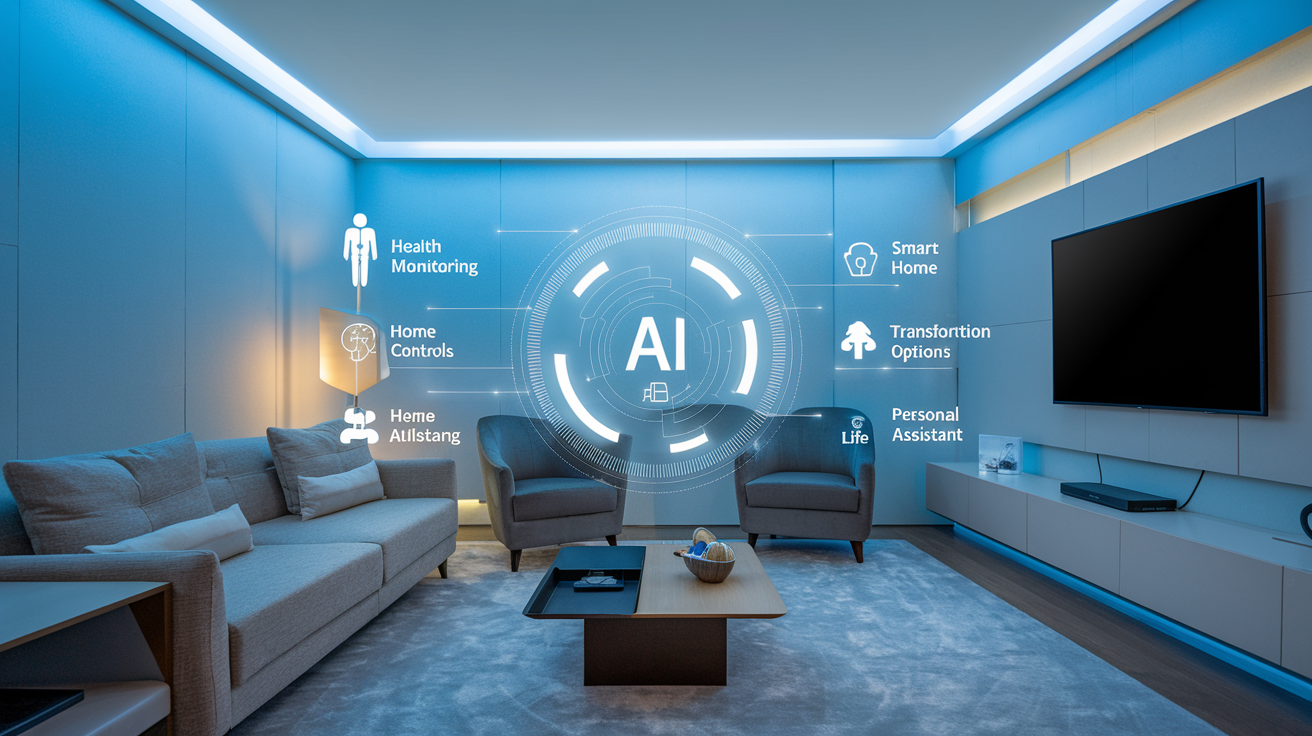
Ever wondered how many AI-driven decisions impact your morning routine before you’ve even had breakfast? Spoiler: it’s probably more than the total number of decisions you consciously make all day.
Let’s cut through the hype. This isn’t about robots taking over—it’s about practical AI innovations transforming daily life that actually matter to you right now.
From smart homes that predict your needs to healthcare algorithms that catch issues your doctor might miss, artificial intelligence is quietly reshaping your world in ways both visible and invisible.
The 10 AI innovations we’re about to explore aren’t sci-fi fantasies. They’re already here, already working, and already making life better for millions.
But here’s what nobody’s talking about: the single biggest AI breakthrough that’s about to change everything in 2023…
AI Innovation in Smart Home for Assistance
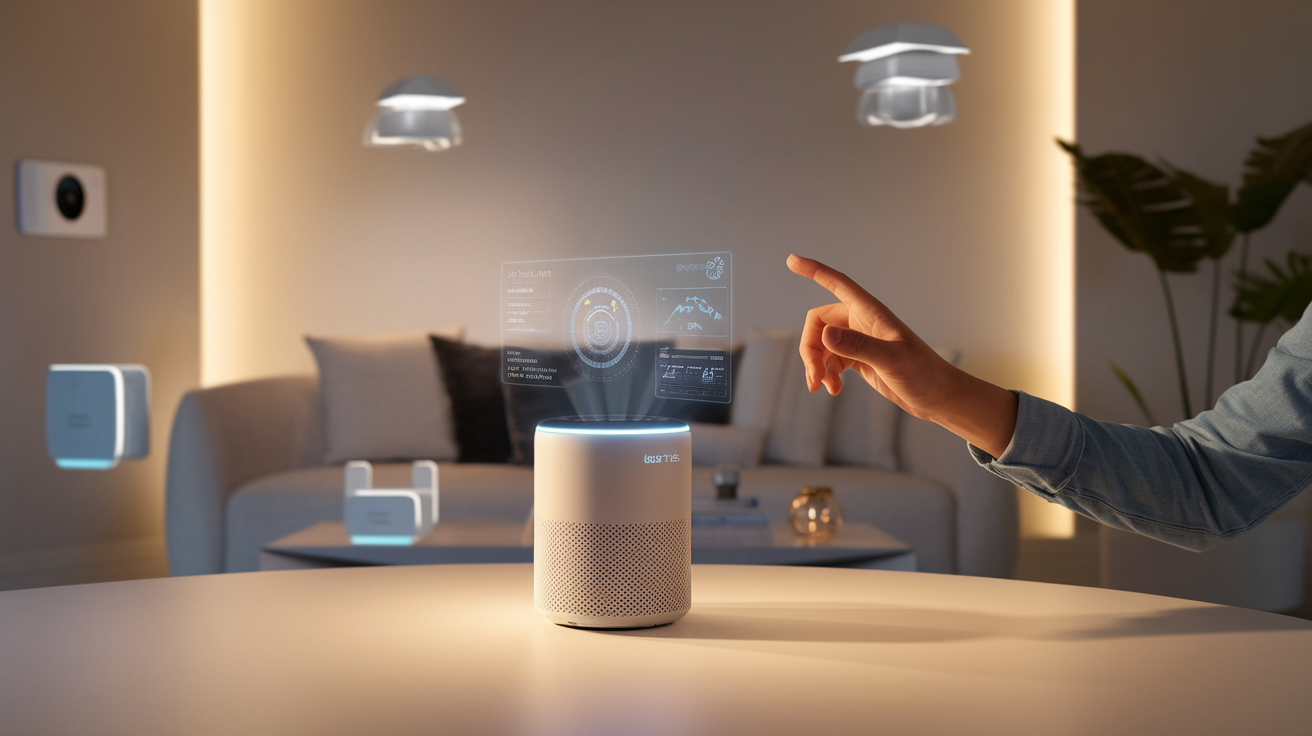
Smart Home Assistants Evolving Beyond Voice Commands
Today’s AI-powered homes are transcending basic voice commands, utilizing sensors and behavior analysis to predict when you’ll need lighting adjusted or thermostats modified. These systems learn your daily routine—automatically brewing coffee when you wake up or starting your shower at your preferred temperature without prompting.
How AI-powered homes anticipate your needs before you speak
Smart homes now recognize patterns in your behavior, anticipating needs before you vocalize them. Advanced systems detect when you’re returning home and prepare your preferred evening environment, adjusting lighting, temperature, and even queuing up your favorite music based on your mood detected through smartphone data.
Personalized environment control based on your habits
AI algorithms continuously analyze your preferences and routines, creating personalized automation schedules. These systems distinguish between household members, providing individualized experiences—from different lighting preferences to personalized temperature zones—creating truly adaptive living spaces that evolve with your changing habits.
Integration with health monitoring for better living conditions
Modern smart homes sync with health wearables to optimize your environment for wellbeing. Air purifiers activate when pollution levels rise, lighting adjusts to support your circadian rhythm, and humidity controls maintain optimal sleeping conditions based on your health metrics. During illness, these systems can automatically adjust to create recovery-friendly environments.
Privacy innovations that keep your data secure
As smart homes collect more personal data, privacy innovations have become essential. Edge computing processes sensitive information locally rather than in the cloud, while advanced encryption protocols secure transmitted data. New consent frameworks give homeowners granular control over what information is collected and how it’s used, ensuring convenience doesn’t compromise privacy.
AI-Driven Health Monitoring Devices
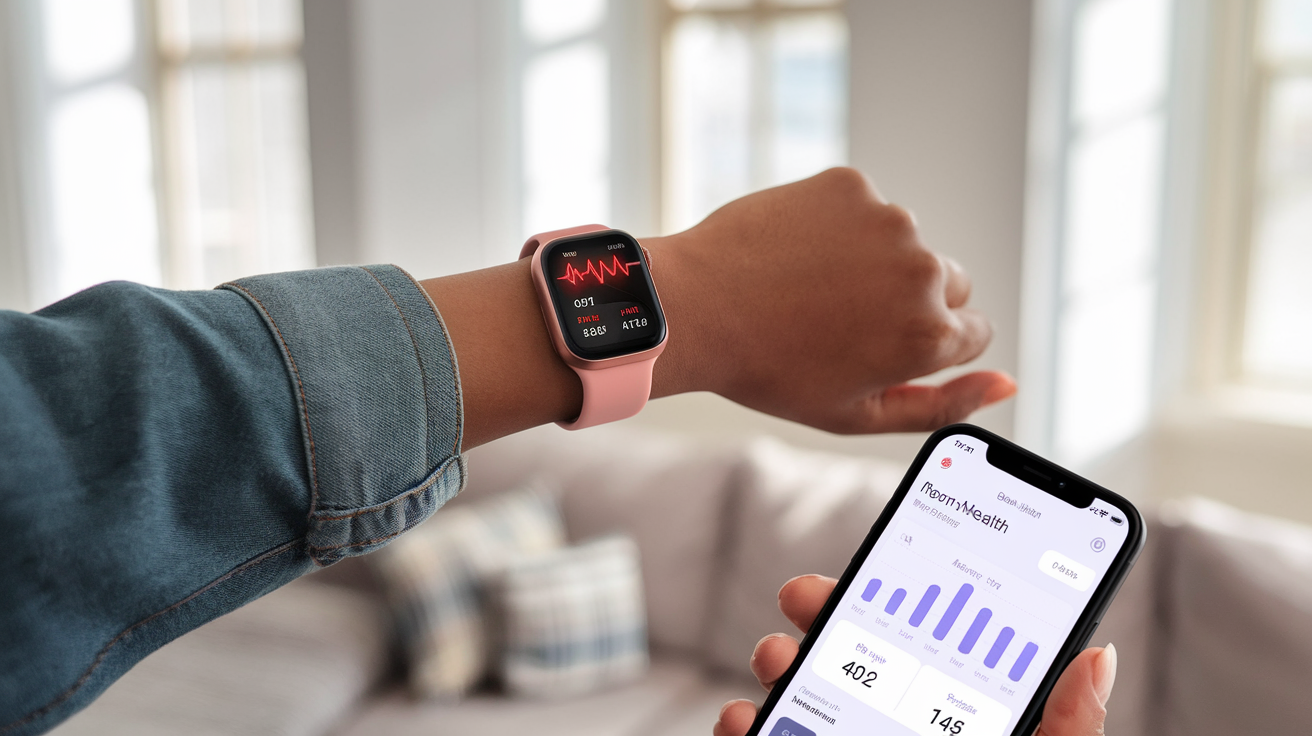
Wearables that detect health issues before symptoms appear
Smart watches and fitness bands now use AI algorithms to detect irregular heartbeats, blood oxygen variations, and stress levels before you notice symptoms. These devices continuously monitor vital signs, creating personalized baselines that help identify potential health concerns days before traditional detection methods.
Personalized nutrition and exercise recommendations
AI health platforms analyze your biometric data, eating habits, and activity levels to create tailored nutrition plans. These systems adapt recommendations based on how your body responds to different foods and exercises, optimizing your health regimen for maximum effectiveness while considering your unique genetic profile and lifestyle factors.
Transportation Revolution Through AI
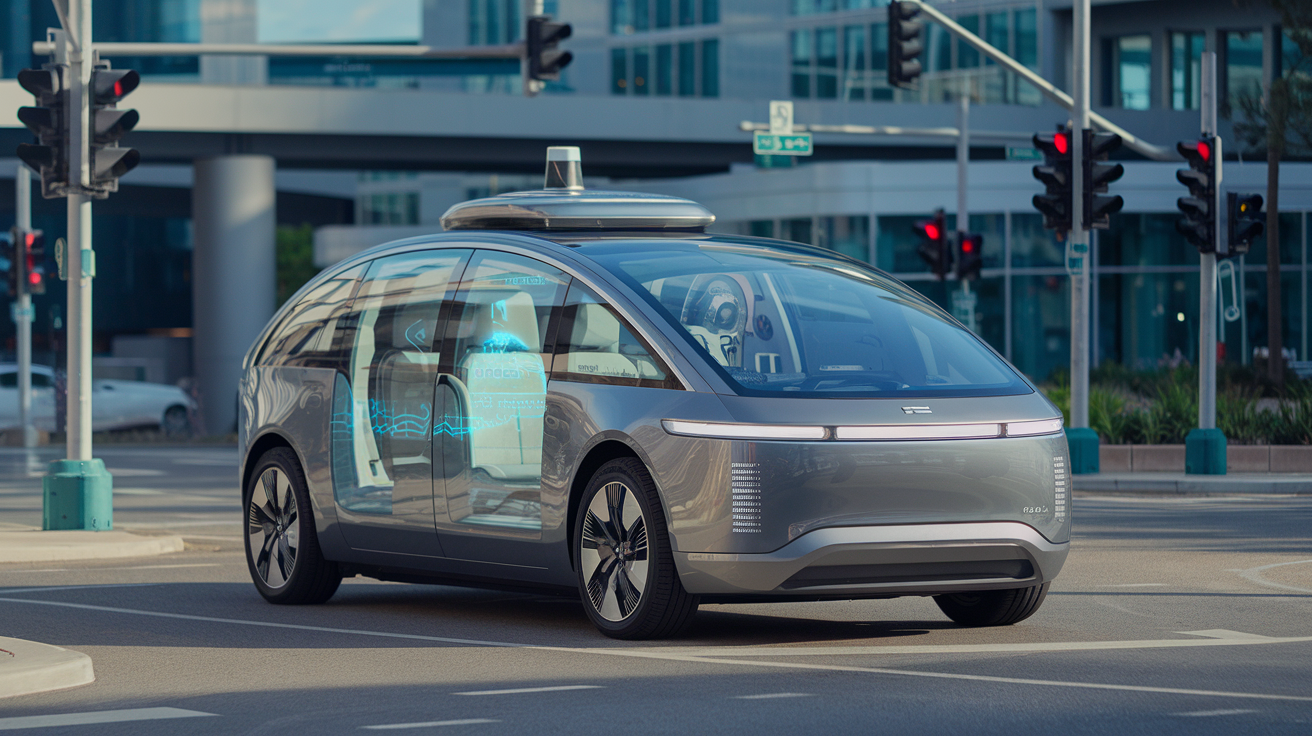
A. Self-driving vehicles becoming mainstream
Autonomous vehicles are rapidly evolving from concept to reality, with companies like Tesla, Waymo, and GM integrating sophisticated AI systems that navigate complex environments. These vehicles utilize neural networks and computer vision to interpret road conditions, predict pedestrian movements, and make split-second driving decisions, promising to reduce human error accidents by up to 90%.
B. Traffic management systems reducing commute times
AI-powered traffic systems are transforming urban mobility by analyzing real-time data from cameras, sensors, and GPS devices. Smart traffic lights adjust timing based on congestion patterns, while predictive algorithms reroute vehicles away from bottlenecks before they form. Cities implementing these systems have reported commute time reductions of 15-25%, turning previously wasted hours into productive time.
C. Personalized travel planning based on your preferences and schedule
AI travel assistants now create customized itineraries by learning your preferences, schedule constraints, and travel history. These systems consider factors like your meeting schedule, preferred transit methods, and even weather conditions to suggest optimal routes. They continuously adapt to your feedback, ensuring each journey becomes more tailored to your specific needs and habits.
D. Safety enhancements that predict and prevent accidents
Predictive safety systems represent AI’s most crucial transportation contribution. Advanced algorithms analyze driver behavior patterns, road conditions, and vehicle performance data to identify accident risks before they materialize. Features like drowsiness detection, collision prediction, and sudden health emergency responses are becoming standard, creating a protective AI cocoon that actively prevents accidents rather than merely responding to them.
Table of Contents
AI Personal Assistants Beyond Your Phone
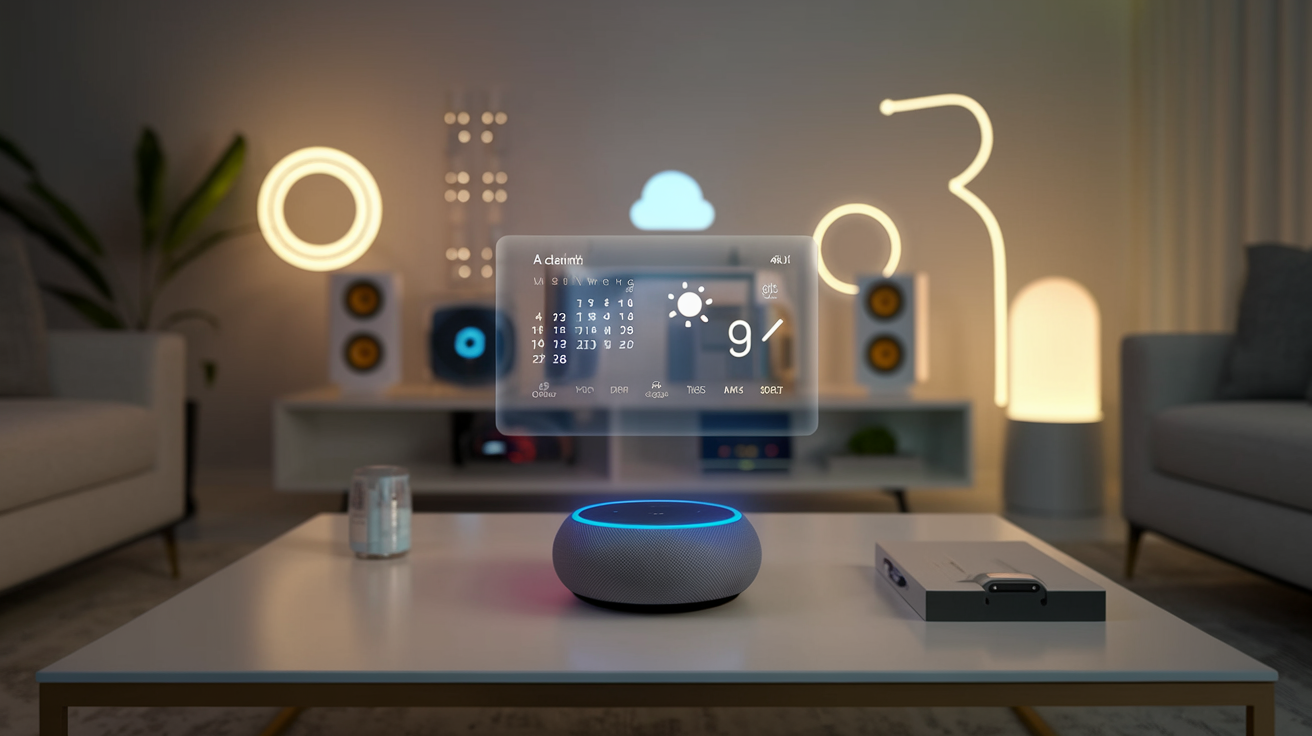
Digital assistants that manage your calendar, finances, and communications
AI assistants are evolving beyond simple phone-based helpers into comprehensive life managers. These advanced systems now coordinate your entire digital existence—scheduling appointments with context awareness, managing bill payments automatically, and prioritizing communications based on urgency patterns they’ve learned from your behavior.
Proactive life management and decision support
Modern AI assistants don’t just respond to commands but anticipate needs. They might suggest leaving early for a meeting based on current traffic conditions, recommend budget adjustments when spending patterns change, or compile research for major life decisions by analyzing your past choices alongside current options and trusted data sources.
Workplace Transformation with AI Tools
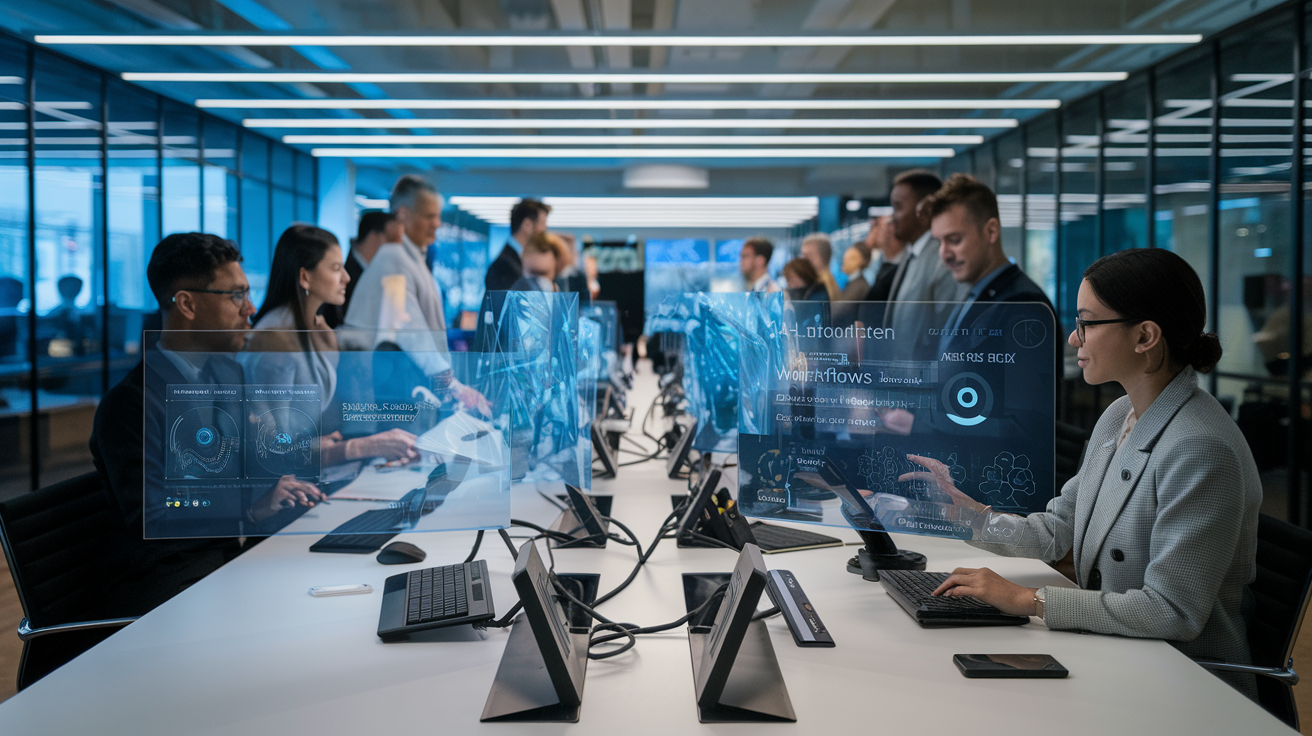
AI is revolutionizing workplaces by automating routine tasks like data entry and scheduling, freeing professionals to focus on creative problem-solving. Advanced tools like Otter.ai transcribe meetings automatically, while platforms such as Asana integrate AI to optimize project timelines based on team workflows.
Automation of repetitive tasks freeing up your creative energy
Document processing systems now handle invoice management and contract reviews with minimal human oversight. AI meeting assistants like Microsoft Teams’ intelligent features summarize discussions and track action items, enhancing collaboration efficiency. Meanwhile, personalized learning algorithms recommend skill development opportunities tailored to your career goals, while work-life balance AI analyzes your schedule to suggest optimal break times and productivity periods.
AI in Education and Continuous Learning
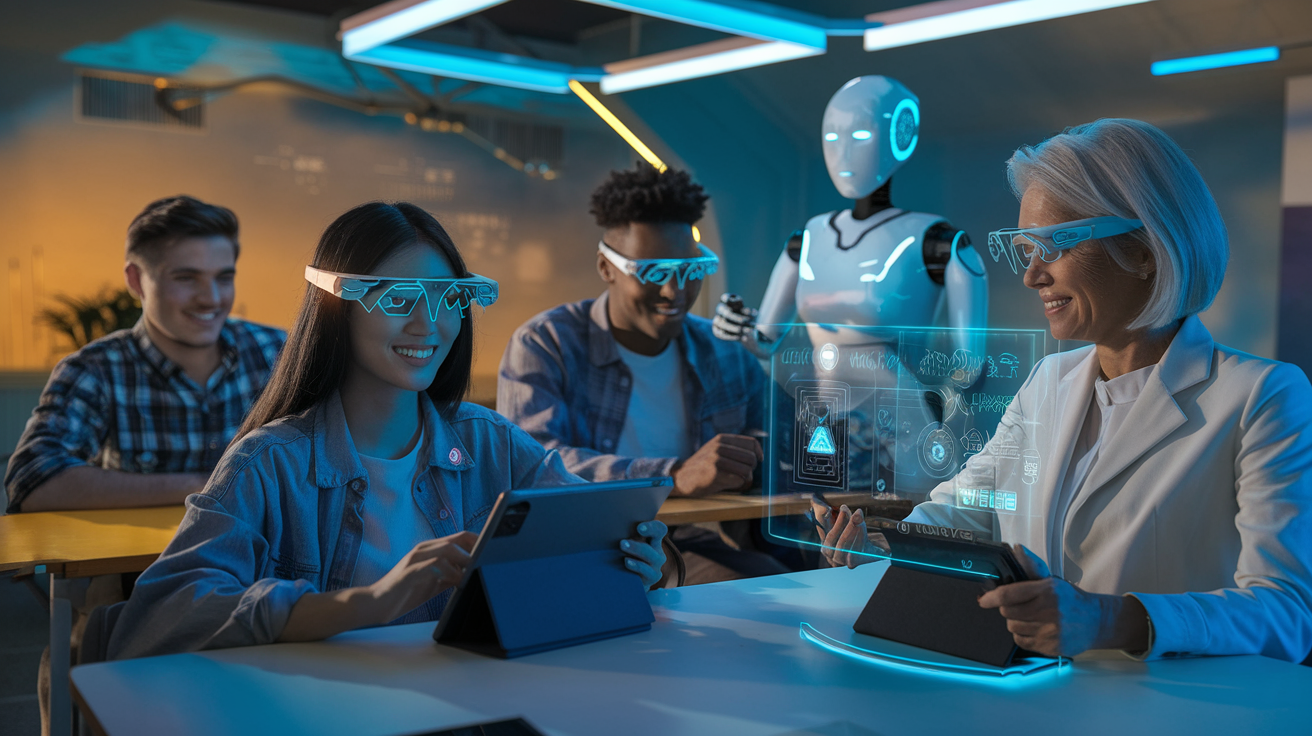
AI is revolutionizing education by creating personalized learning paths tailored to individual strengths and weaknesses. These systems analyze performance data to adapt content difficulty, suggest relevant resources, and focus on areas needing improvement—all while moving at the student’s optimal pace.
The educational landscape is further transformed through real-time AI feedback and immersive simulations. Without human teachers present, AI provides immediate assessment of work, offers constructive guidance, and creates virtual environments where students can safely practice real-world scenarios—from scientific experiments to historical events—making learning more engaging and effective than traditional methods.
Shopping and Consumer Experiences Reimagined
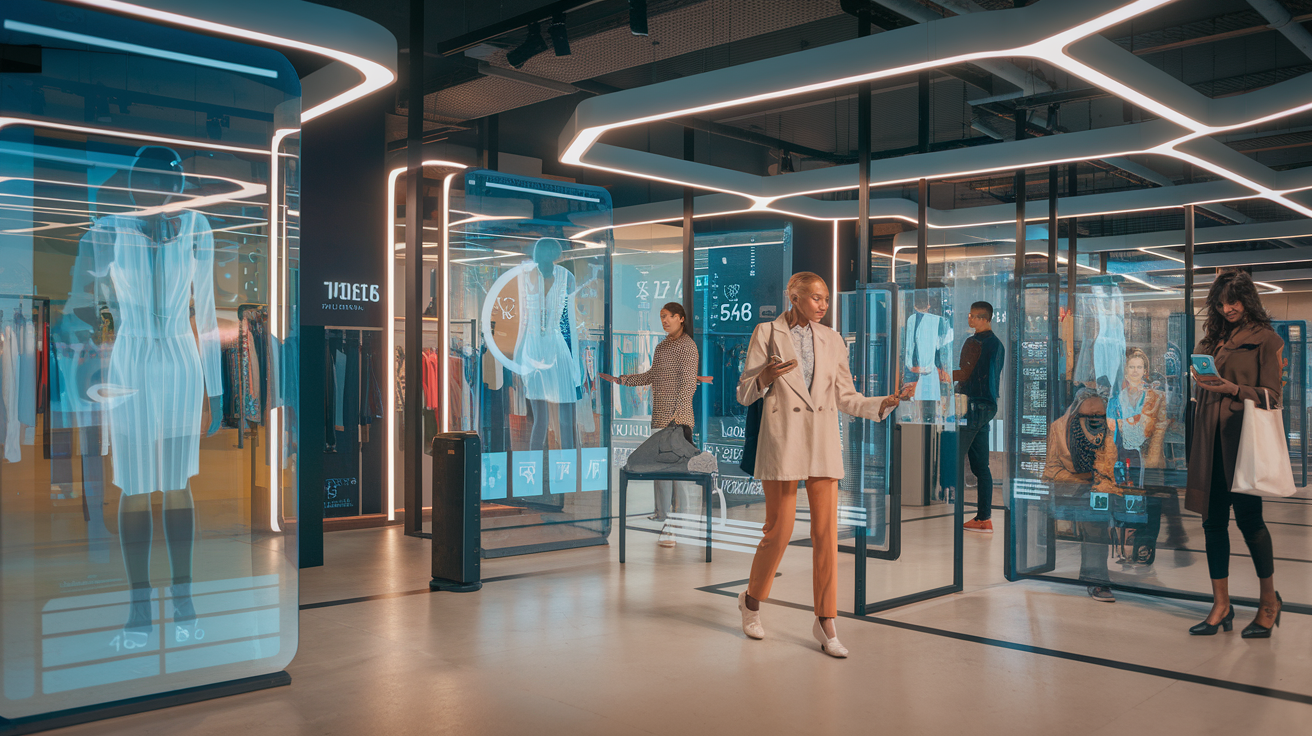
AI is revolutionizing retail through hyper-personalized recommendations that analyze your browsing history, purchase patterns, and preferences to suggest products you’ll genuinely love. Virtual try-before-you-buy technologies now allow you to see how furniture fits in your home or how clothes look on your body type without leaving your couch.
AI-powered price comparison tools automatically hunt for deals across platforms, alerting you when prices drop on watched items. Perhaps most revolutionary is the emergence of ethical consumption guidance, where AI analyzes products against your personal values—whether environmental sustainability, fair labor practices, or cruelty-free manufacturing—helping you shop according to your principles without endless research.
Entertainment and Media Tailored to Your Preferences
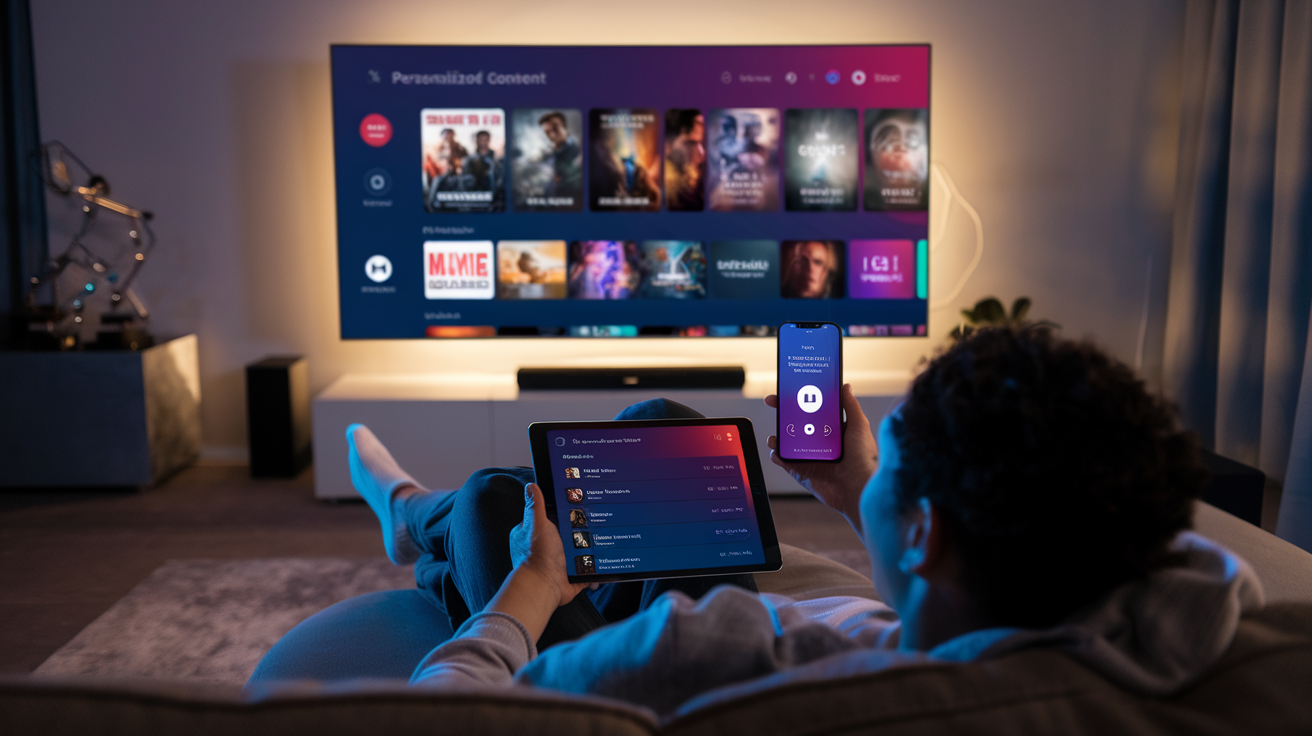
AI is revolutionizing entertainment by creating deeply personalized experiences. New systems can analyze your facial expressions and biometric responses to adjust content in real-time, while interactive storytelling platforms use AI to develop plots that evolve based on your choices, creating unique narratives each time.
News aggregation algorithms now balance your preferences with diverse viewpoints to prevent echo chambers, and AI music composition tools like AIVA and OpenAI’s Jukebox generate original tracks matching your emotional state. Visual art generators like DALL-E and Midjourney also produce custom artwork aligned with your aesthetic preferences and current mood.
Financial Management with AI Advisors
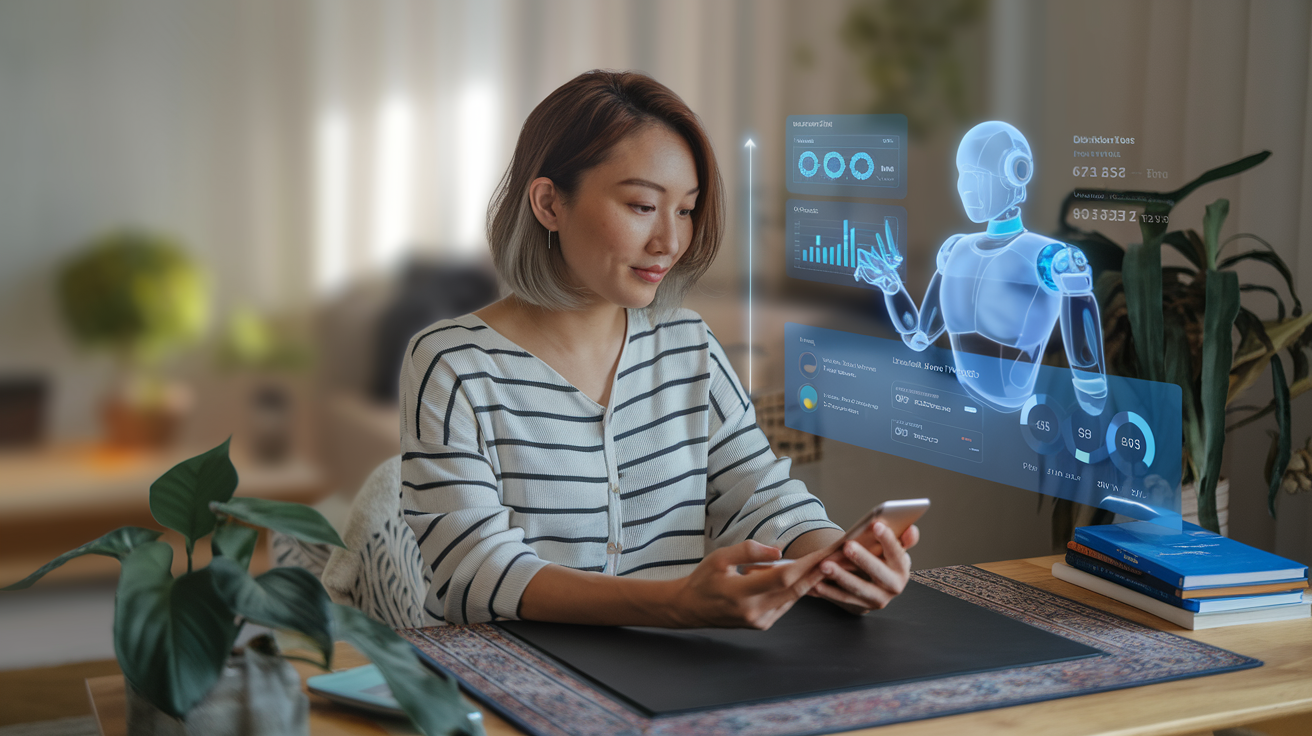
AI financial advisors are revolutionizing personal finance by offering sophisticated tools once available only to the wealthy. These platforms analyze your income, spending habits, and goals to automatically allocate funds for savings and investments, adjusting strategies as market conditions change while maintaining your risk tolerance.
Modern AI systems continuously monitor your accounts for suspicious activities, comparing transactions against your established patterns and global fraud trends. Beyond protection, these advisors deliver personalized financial education through interactive lessons, simulations, and real-time guidance while optimizing your budget to accommodate both necessary expenses and discretionary spending without sacrificing long-term objectives.
Social Connection Enhancement Through AI

Translation tools eliminating language barriers in real-time
AI-powered translation tools now facilitate seamless conversations across languages, enabling real-time communication without delays. These technologies analyze speech patterns and cultural nuances to deliver natural-sounding translations, breaking down barriers that once limited global connections.
Relationship insights helping you maintain meaningful connections
Smart AI systems now track interaction patterns with your contacts, suggesting when to reconnect with friends you haven’t spoken to recently. These tools analyze communication quality, reminding you of important dates and providing conversation starters based on shared interests or previous discussions.
Community building through AI-matched interests and values
AI algorithms now match people based on deeper compatibility metrics like values, goals, and behavioral patterns. These systems create micro-communities around specific interests, facilitating connections that might never have occurred naturally while organizing events and activities that maximize meaningful engagement.
Loneliness reduction through compassionate AI companions
Advanced AI companions provide emotional support through natural conversations, remembering personal details and adapting to your communication style. These companions offer judgment-free interactions, check in during difficult times, and even help practice social skills, providing comfort to those experiencing isolation.
The AI revolution is no longer a distant future—it’s unfolding in our homes, workplaces, and personal devices right now. From smart home systems that anticipate our needs to AI health monitors that could save lives, these technologies are seamlessly integrating into every aspect of our daily routines. As AI transforms our transportation, education, shopping experiences, and even how we connect with others, we’re witnessing the beginning of a profound shift in human-technology interaction.
Embracing these AI innovations doesn’t mean surrendering control to machines, but rather gaining powerful tools that enhance our capabilities and free us to focus on what truly matters. As these technologies continue to evolve, staying informed and open to their potential will help you not just adapt to the changing landscape but thrive within it. The future of AI isn’t about replacing human experience—it’s about enriching it in ways we’re only beginning to understand.
For more blogs for specific news related to this visit : https://ai.boardofinnovation.com/
💬 Have questions or suggestions? Drop them in the comments below!
🔗 For more tech updates and buying guides, explore our blog: https://urtechman.com
🔔 Don’t forget to subscribe to our newsletter for regular updates!
📢 Found this blog helpful? Share it with your friends and help them make smarter buying decisions!
